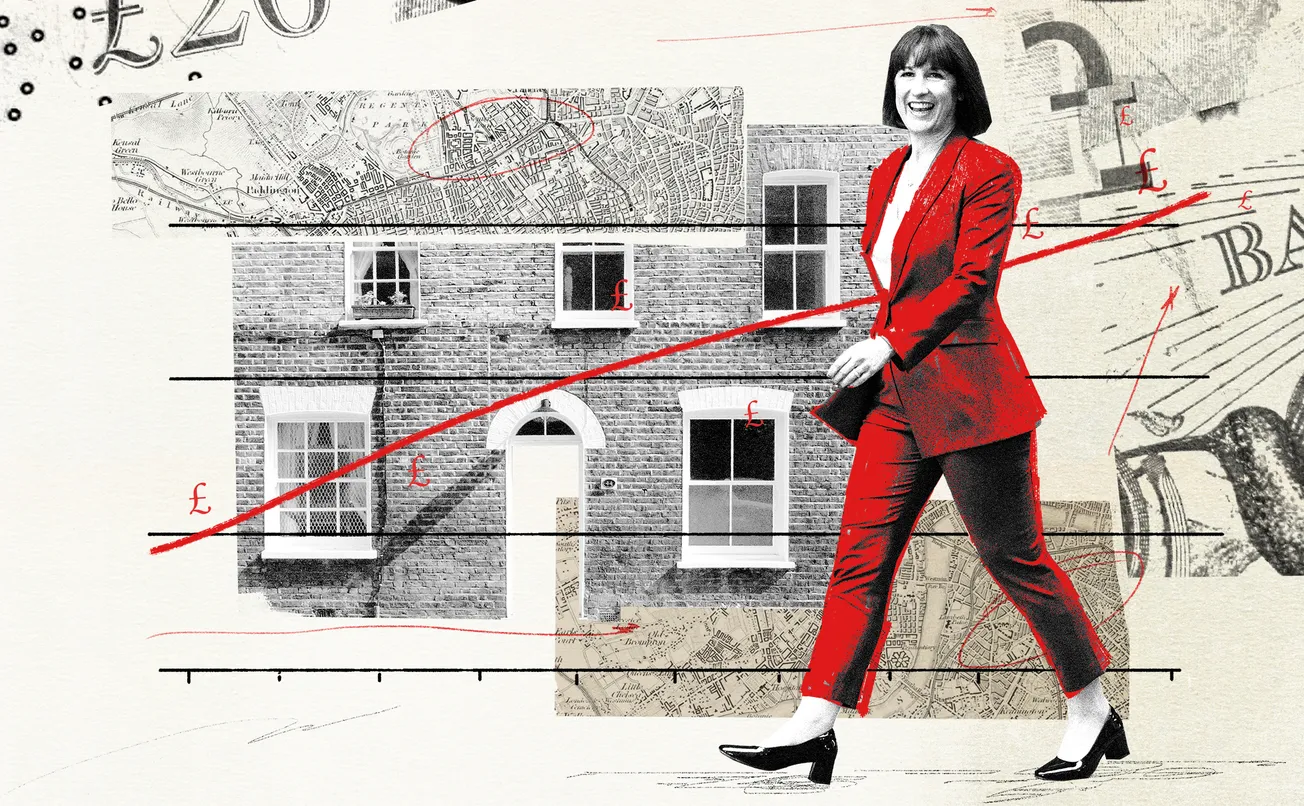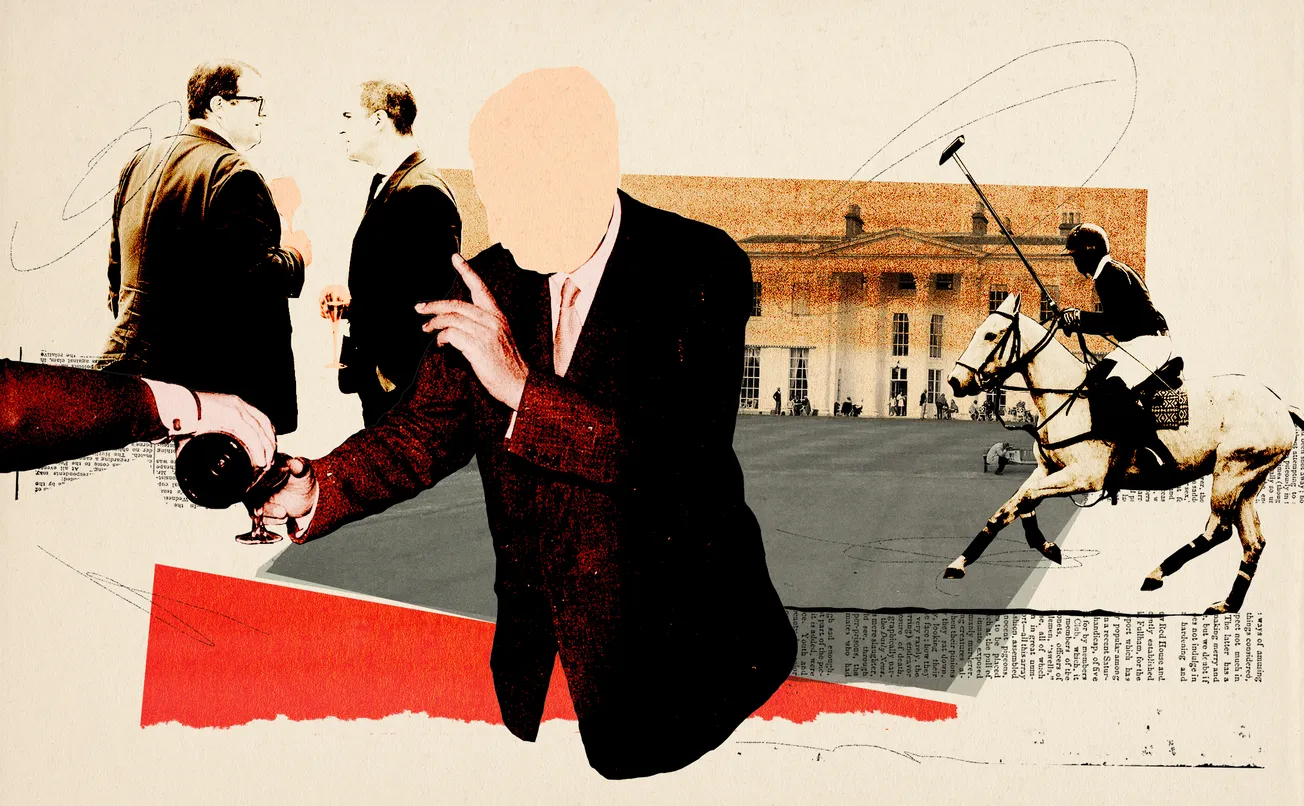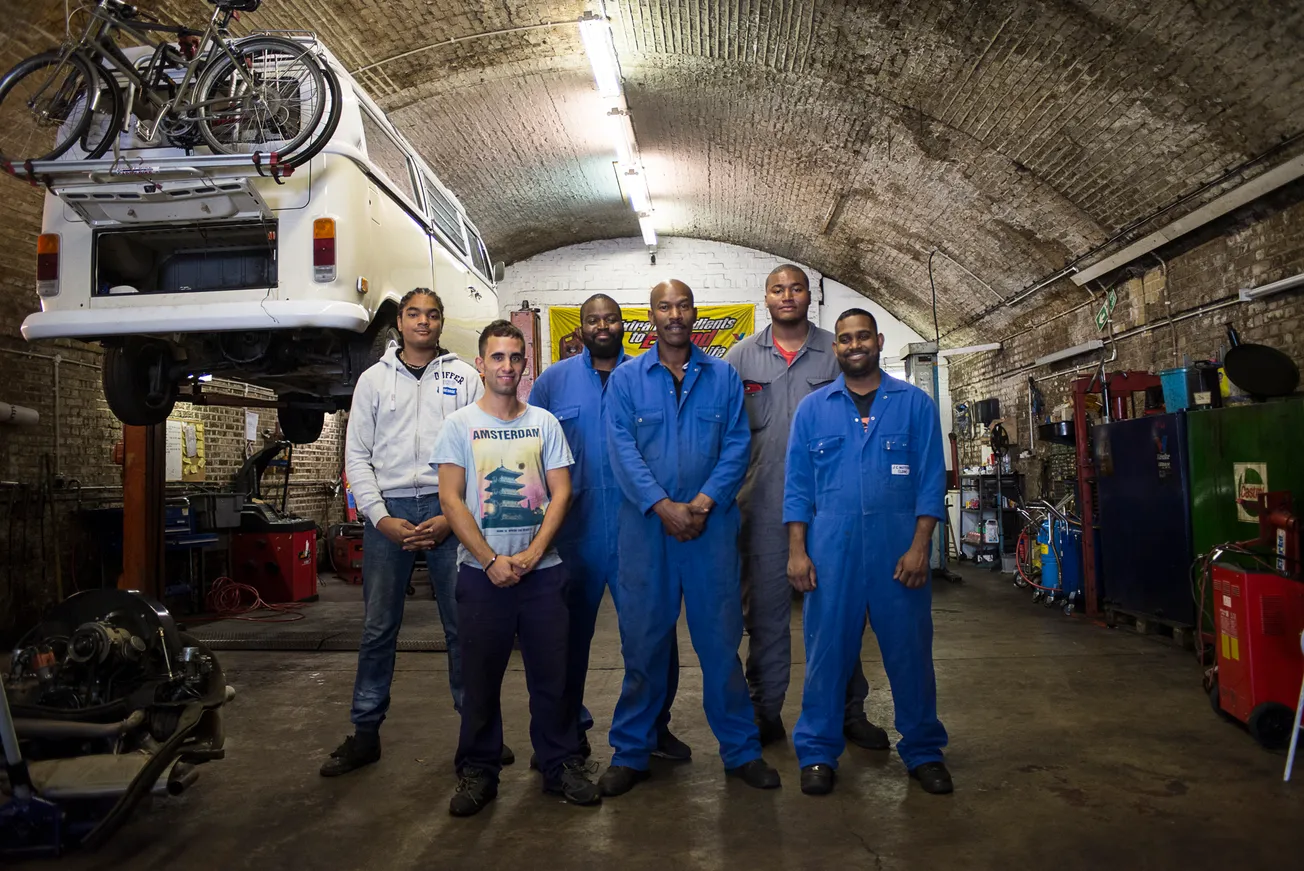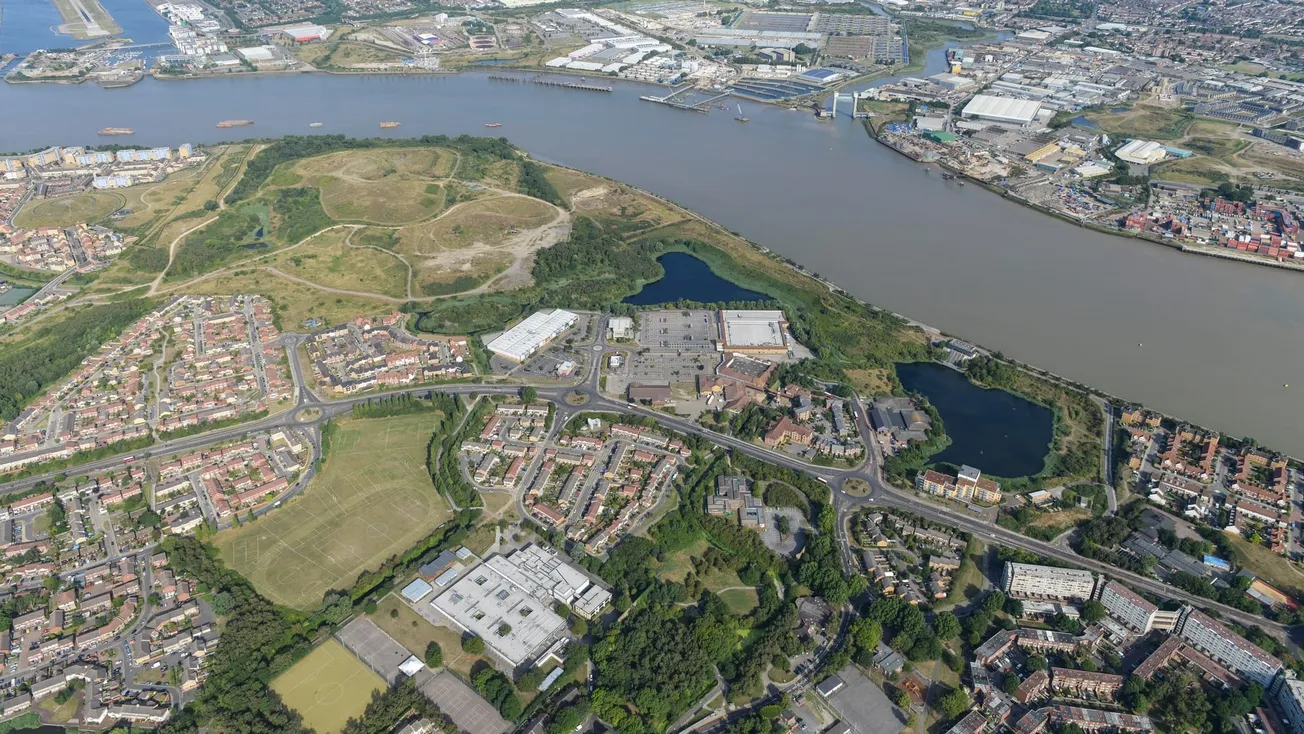To read all of today's explainer, you’ll need to be a full-fledged paying member. We've made it easy too: with our new member discount, a Londoner membership is just £4.95 a month for the first three months. If you like what we're doing, please consider supporting us to secure our future.
When Chinese billionaire and property magnate Hui Ka Yan parted with £205m to purchase Britain’s most expensive house in 2020, an imperious 45-room mansion overlooking Hyde Park, it may have come as something of a relief to learn that he was getting a bargain in one area: the council tax. At a little over £3,000 a year, Hui was to pay the same amount to Kensington & Chelsea council as many of his flat-dwelling neighbours — and less than many two bedroom households in Croydon and Haringey.
Ahead of the autumn budget, the inner workings of Britain’s complex council tax system are being examined like never before. 13 Labour MPs, mainly from seats in the north of England, recently wrote to Rachel Reeves asking to abolish the system altogether. The current approach disproportionately favours the residents of wealthy London boroughs, they argued, who pay lower amounts of their property value than their constituents.
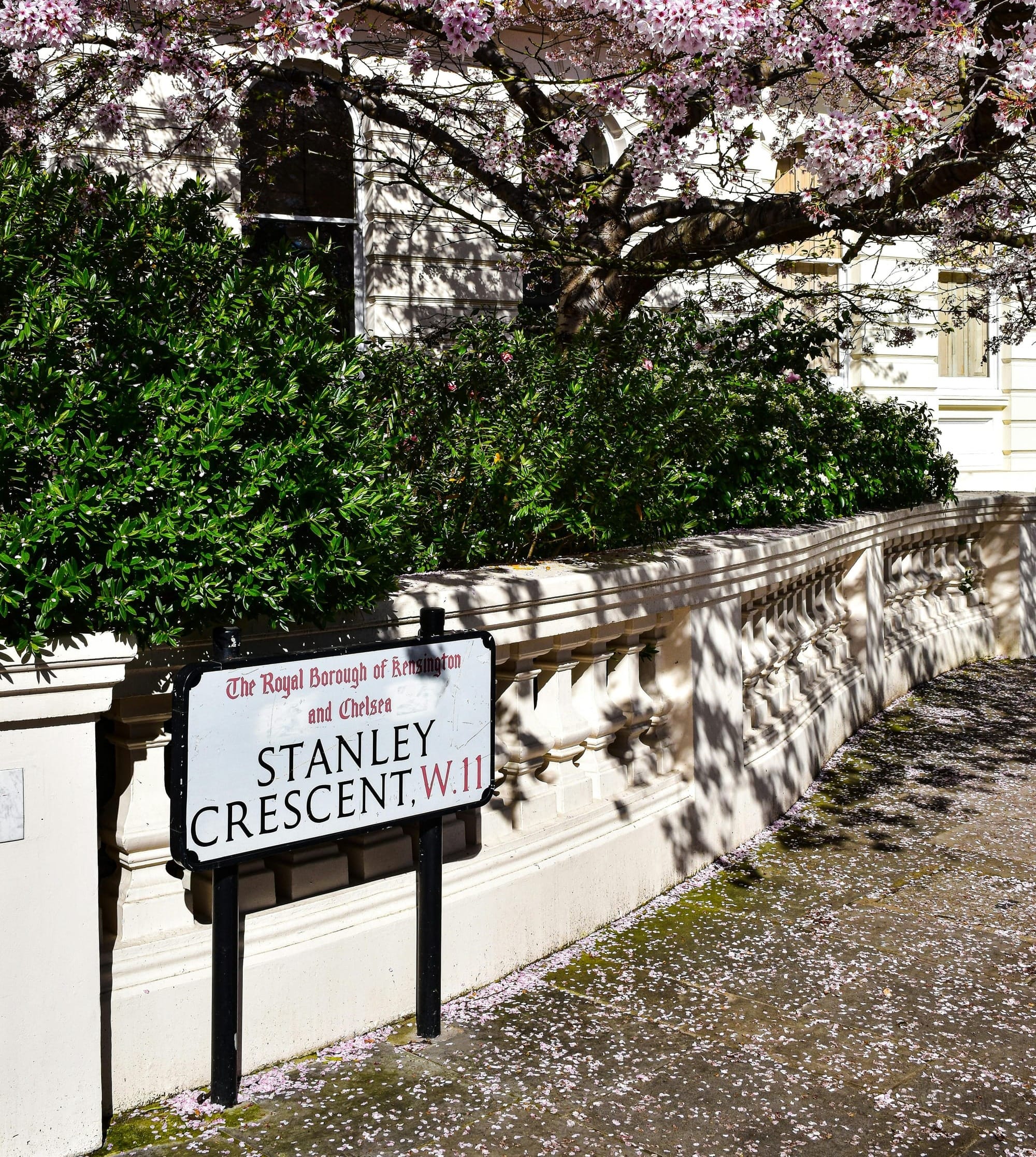
At the same time, upcoming funding reforms could see government grant funding redirected out of London to local authorities in supposedly more deprived areas. But is the narrative of wealthy London councils benefitting from a broken system actually true? And if the system really is broken, does anyone have ideas for a better one?
What’s the issue?
The first thing anyone who is familiar with the UK’s council tax system will tell you, once they have finished banging their head against a wall, is that the property values on which the tax is based have not been updated since 1991. Local authorities go by the average value of properties back then, and spread the tax across eight incremental bands with those living in the highest value properties paying triple the amount as those in the lowest (though the highest tax band caps applies to all properties worth more than £320,000).
The snag is that council tax rates are often wildly different to property values in areas which have dramatically increased in value — and nowhere has this happened more acutely than in London. In Hackney, for example. house prices have risen by over 800% since the mid 1990s. It has also created the laughable requirement for newly built properties, whereby officials must attempt to ascertain the value of the property if it had been built in 1991.
London deserves great journalism. You can help make it happen.
You're halfway there, the rest of the story is behind this paywall. Join the Londoner for full access to local news that matters, just £8.95/month.
SubscribeAlready have an account? Sign In


